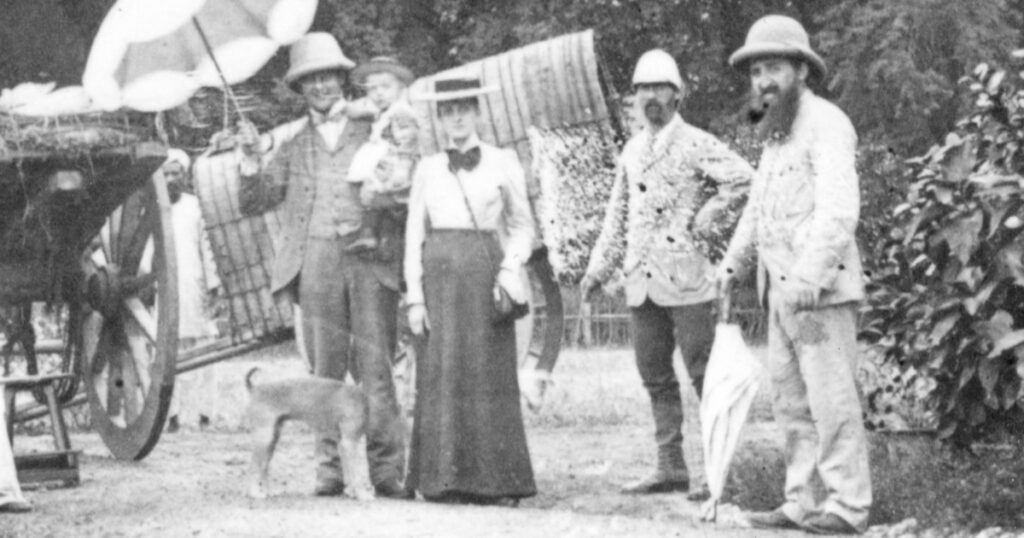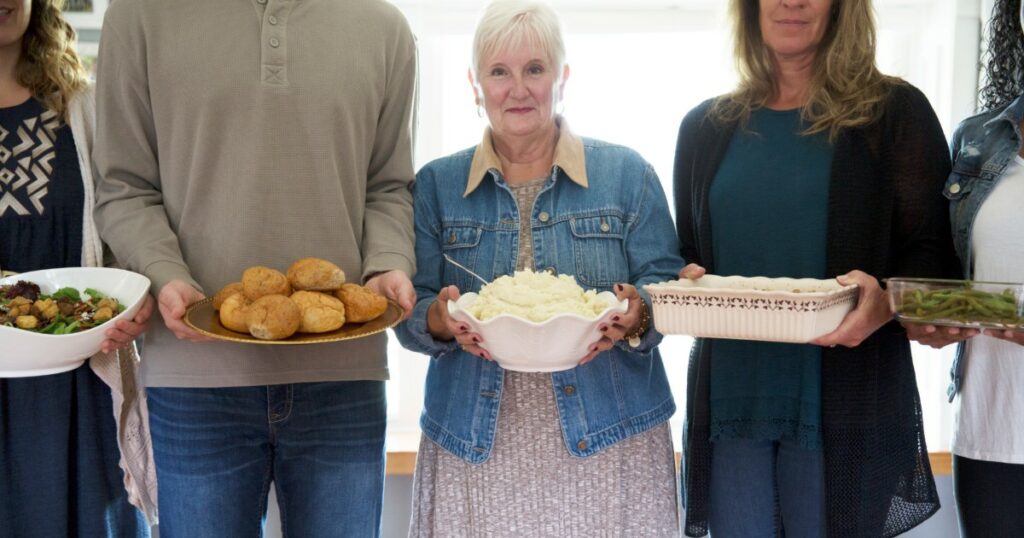by Robert Zagore
One of the most amusing and instructive moments in my parish ministry occurred as I was visiting an elderly parishioner. Her face bore the deep wrinkles of many a hard-lived year. A bedsheet had been strung up as a privacy screen between her and the other nursing home resident who shared the dimly lit room. She kissed my hand and thanked me for coming, as she did at the start of every visit. And then, as she also did at every visit, my dear sister in Christ expressed her deep loneliness to me. No one came to see her, she said. She felt all alone. She looked forward to my visits because she didn’t have anyone else to talk to.
I consoled her and told her that neither the Lord nor His people had forgotten her. I reminded her that we prayed for her in church every Sunday and that the ladies’ visitation team would stop by next week. We read God’s Word, and I shared with her some of the ideas I was mulling over for the next week’s sermon. We celebrated the Lord’s Supper and prayed together. Same as always.
Except this time, just as I was standing up to leave, the lady on the other side of the curtain called over to me, “Will you visit me? I don’t have anyone who comes to see me, either.”
I pulled open the curtain and began to speak with her. I realized quickly that the two “roommates” did not know each other and had never talked with one another. Even stranger, the “new” lady had grown up Lutheran. As we talked, we realized that the two women had probably gone to some of the same Walther League events as teenagers.
Despite spending about 22 hours a day only four feet away from each other, these two supremely lonely women did not even know each other’s names. I asked my member why. Her answer? “I never thought about it.” I had not thought to visit her roommate before that moment, either.
I found out that day — as I have found out many other times since — that loneliness in a crowd is a common malady.
The Lord has said, “you shall love your neighbor as yourself” (Mark 12:30–31). Who is our neighbor? It is the person that the Lord has placed next to us: in a nursing home bed, the house next door, the adjacent cubicle at work, the line to buy coffee. We are surrounded by neighbors that we do not see, whether because we are distracted, blind to others or too busy liking friends on a website. We must pull open the curtains and lift our eyes. God has put neighbors around us to love.
God teaches us that even strangers are potentially His emissaries (Heb. 13:1–2). He sends His redeemed children to all nations (Matt. 28:19–20) and into the highways and byways (Luke 14:23) to bring the lost, forsaken and distressed into fellowship with Him by His blood (Luke 14:12–14). We are called to forgive and pray for our enemies (Matt. 5:44), remembering that both the just and the unjust are objects of His love (Matt. 5:45). This kind of boundless love is deep knowledge and high art at the heart of Scripture (Rom. 13:10).
In the Old Testament the word often translated as “mercy” (racham) is a strange and wonderful description of God’s love for our neighbor and us. Racham can be variously translated: mercy, tender love, compassion, heart, guts or even womb. Think about it: The word for womb — and all the nurture, intimacy and motherly tenderness that it entails — is closely related to the words for love, faithfulness and grace. Mercy, it turns out, is a word about family.
Family language is everywhere in Scripture. God, who could choose any name for Himself, chose Father. Likewise, the Savior is the Son of the Father. Jesus talks about the Church as His Bride, calls His disciples little children (John 13:33) and teaches them, “When you pray, say, ‘Our Father’” (Matt. 6:9). “Behold what manner of love the Father has given unto us,” the apostle John rejoices, “that we should be called the children of God” (1 John 3:1). Perhaps the fact that the New Testament begins with a genealogy (Matt. 1:1–16) is the greatest statement that Christianity is about family. A family of children, “who were born, not of blood nor of the will of the flesh nor of the will of man, but of God” (John 1:13).
As Lutherans, we know that love for our neighbors, works of mercy and the fulfilling of God’s design are all tied together. Therefore, it’s only fitting that our Synod has voted in convention to “perform human care in close proximity to Word and Sacrament ministry” (third mission priority) and to “strengthen and support the Lutheran family in living out God’s design” (seventh mission priority).
Who is my neighbor? It is someone that the Lord has brought near to me in His love. The neighbor ladies I wrote about at the start became more than friends. They became sisters. After a period of instruction, they even communed together. No longer alone, these two were gathered together in Christ’s name, and He was there with them, according to His promise (Matt. 18:20). Neither ever complained to me again about having no one to talk to.
They died within about a month of each other, having been brought into the Lord’s family and saved by His grace (Eph. 2:8–9). But in their final days each found a special comfort in the fellow saint in the nearby bed. She was the neighbor and the family that only the Lord could give.
The Rev. Robert Zagore is executive director of the LCMS Office of National Mission.
This article originally appeared in print in the February 2019 issue of The Lutheran Witness.






